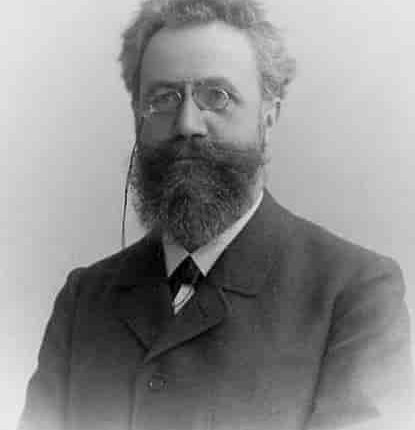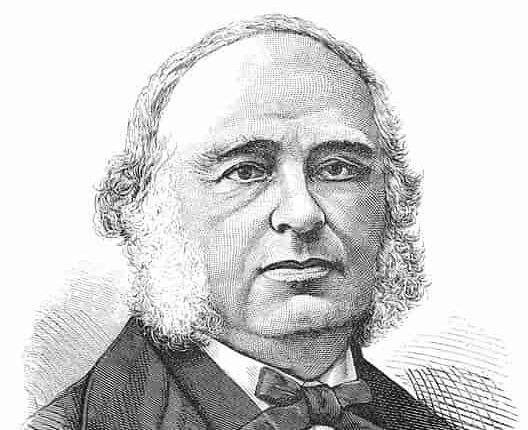Encyclopedia
Encyclopedia of foreign language learning
Human language is the greatest technology ever invented. It’s what makes us different from other animals. We can use sounds to express ideas in our minds and it allows us to share discoveries and inventions with people across the world and through time.
It is the only formal language that has acoustic representation, and the only animal language that is built out of cultural symbols.
Language acquisition is also special. Every parent watching their children grow wonders how they are capable of learning such a complex thing without any instruction in such a short time. But the same parents sometimes struggle becoming even conversational in a foreign language.
Despite language learning being a million years old, plus 200 years of serious research, the demand, and the developments in technology and AI, people nowadays still struggle with learning languages.
In this encyclopedia we will see how language evolved and formalized, and what we currently really understand about learning in general, language learning and language acquisition.
The success of language learning lies in the way you learn. In order to be successful, you have to take language learning into your own hands and use the methods that work.
Other categories

Gamification in language learning apps: Hidden negative effects (2023 and beyond)
Powerful computers nowadays can help us remember better, automatically recognize, translate and generate a human-sounding voice, search through massive amounts of data, generate text on any topic, or even talk…
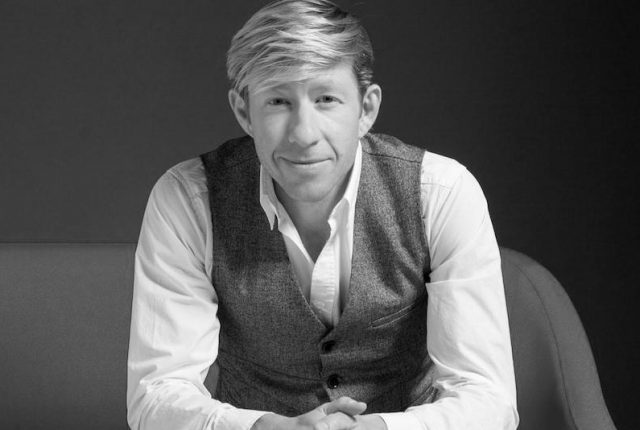
Memory consolidation: Matthew Walker and why we learn during sleep (2017)
Matthew Walker is a neuroscientist and professor of neuroscience and psychology at the University of California, Berkeley. He is known for his research on sleep and its impact on human…
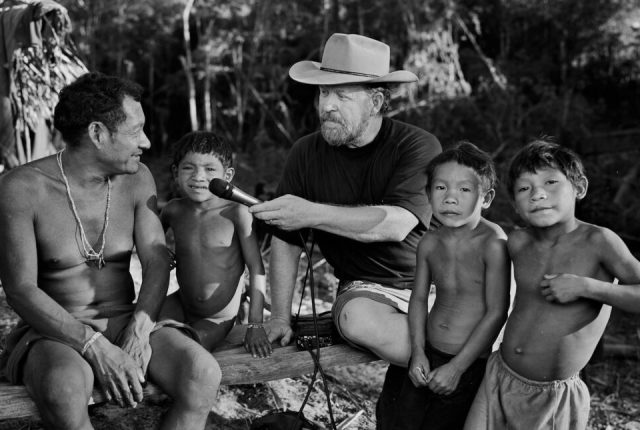
Pirahã language: Daniel Everett an why language is a cultural invention (2017)
Daniel Everett is a linguist who is best known for his studies of language in the Amazon and author of the book How Language Began. He began as a missionary…
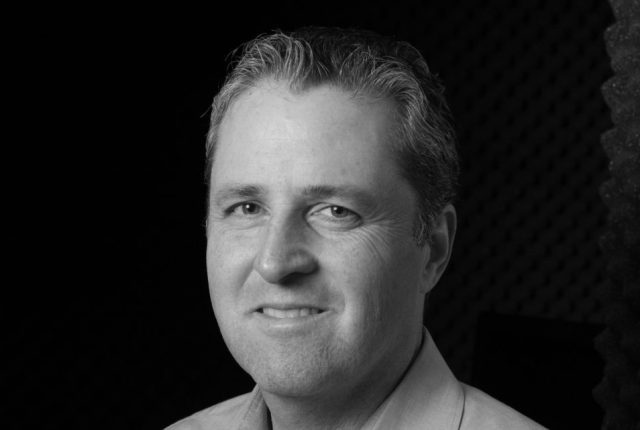
The bilingual brain: Arturo Hernandez and why native language is different from foreign language (2013)
Arturo Hernandez is a neuroscientist and cognitive psychologist known for his research on the neural basis of language and cognition, particularly in the context of bilingualism. In 2013 Hernandez published…
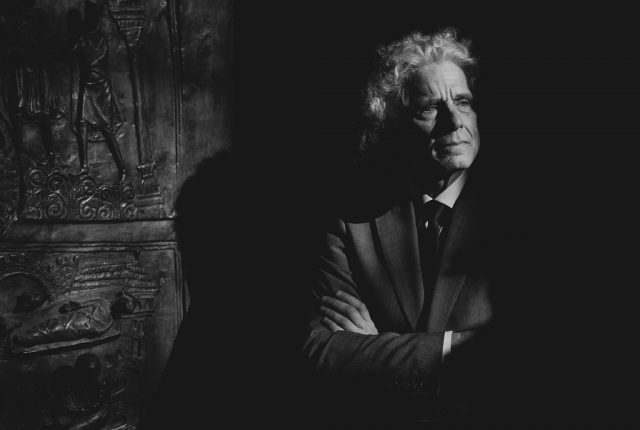
Steven Pinker: Language is an instinct (1994)
Steven Pinker is a cognitive scientist and linguist who has made significant contributions to the study of language and cognition. In 1995 in his book The Language Instinct, Pinker explored…
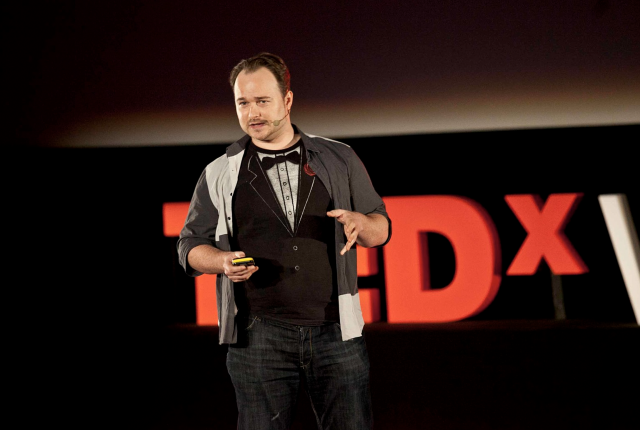
Benny Lewis and the polyglot community: Language learning is global (2013)
Before the web and social media, polyglots tended to be solitary creatures. In 2009, an Irish polyglot, Benny Lewis, started his blog “Fluent in 3 months”. Lewis was documenting his…
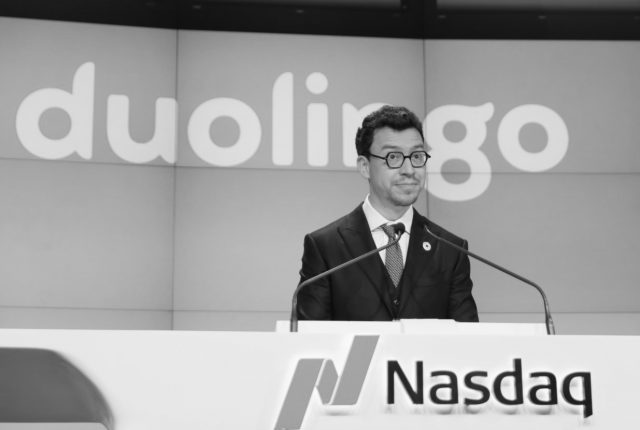
Duolingo: Expansion of language apps (2011)
Luis von Ahn, a Guatemalan entrepreneur and a consulting professor in Computer Science, founded Duolingo in 2011. It is the most downloaded education app worldwide and has over 500 million…
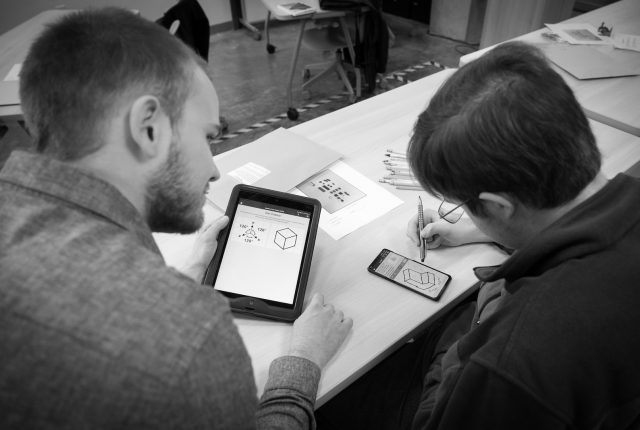
The learning styles: VAK is dead (2009)
In 2009 a group of scientists (incl. Robert Bjork) published an essay on “Learning Styles: Concepts and Evidence”. The authors examined the evidence supporting the idea that matching instruction to…
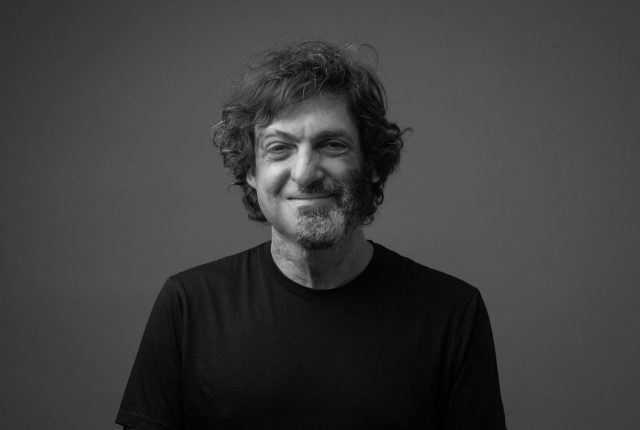
Motivation and goal setting: Dan Ariely (2008)
Dan Ariely is an Israeli-American behavioral economist known for his research on irrational behavior and decision-making. Ariely published the book Predictably Irrational: The Hidden Forces That Shape Our Decisions in…
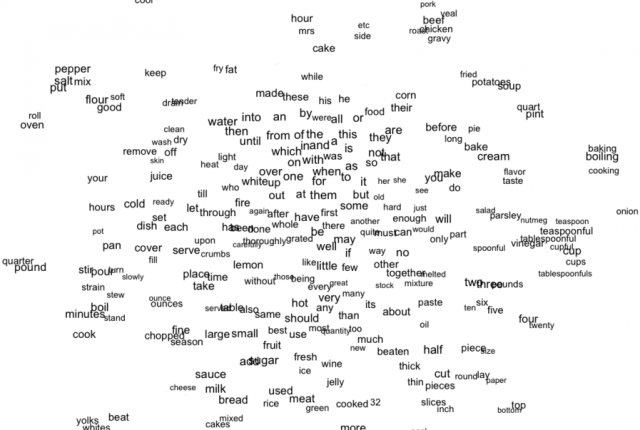
Formulaic sequences: Language consists of chunks (2005)
Michael Lewis described the early 1990s a so-called “lexical approach” in language teaching which was based on the idea that language is made up of lexical units rather than grammar…
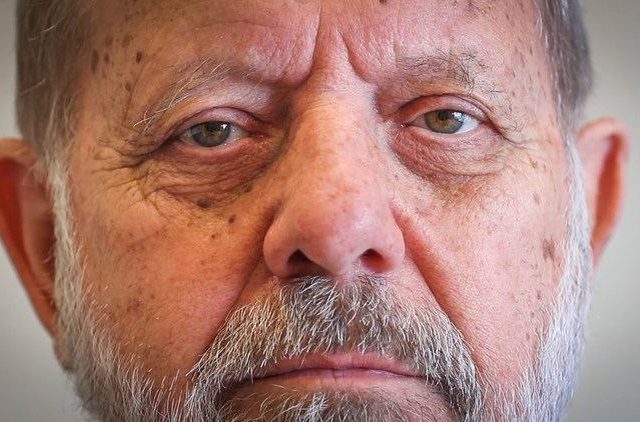
Desirable difficulties: Robert A. Bjork (1994)
Robert A. Bjork is a cognitive psychologist known for his research in the areas of learning, memory, and forgetting. His work has focused on understanding the factors that influence human…
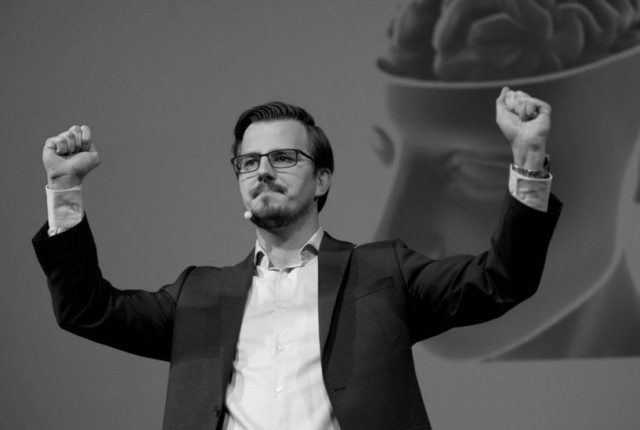
SuperMemo: Piotr Woźniak and the first app that really works (1990)
Piotr Woźniak was a student at the Poznan University of Technology and studied the effect of sleep on memory. From his research, he found that we actually formulate new memories…

Tell Me More and Rosetta Stone: The first commercial language apps (1987)
Auralog, the company behind the language learning application Tell Me More, was founded in 1987 by Maurice Lévy. In the late 1980s and early 1990s, Auralog introduced multimedia language learning…
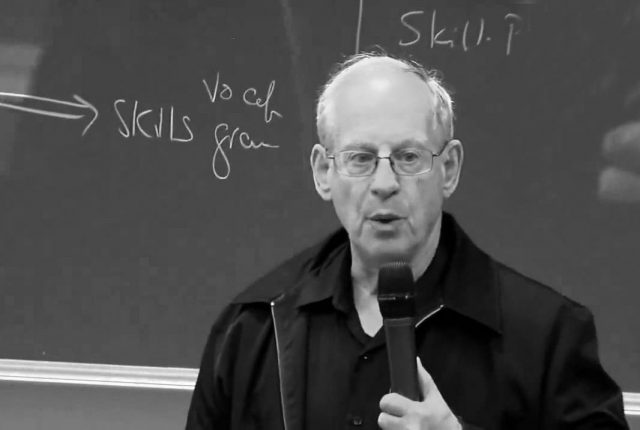
Comprehensive input: Stephen Krashen, learning and acquisition (1982)
Stephen Krashen is an American linguist best known for his work in the field of second language acquisition. In 1982 he published a very influential essay on “Principles and Practice…

Communicative language teaching (CLT): Language is communication (1970s–1980s)
With the advent of the European Common Market in the ’70s and ’80s, there was a lot of migration in Europe and an increased number of people who needed to…
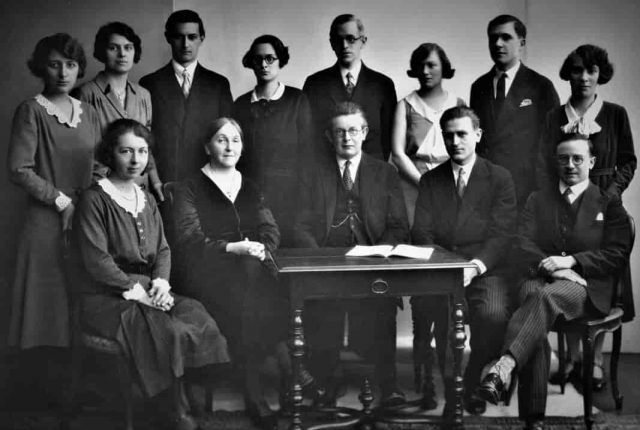
Constructivism: Language is a mental model (1973)
Jean Piaget is famous for his theories regarding changes in cognitive development that occur as we move from infancy to adulthood. Children process information in a different way than adults….

Meaningful learning vs. rote learning: David Ausubel, We learn through association (1968)
David Ausubel was an American educational psychologist who was particularly known for his theories on learning and instruction. His research focused on how people acquire and organize knowledge. In 1968…

PLATO: The first language learning program (1960)
PLATO (Programmed Logic for Automated Teaching Operations) is often considered a pioneer in the field of computer-based education. It was a computer-based learning system developed at the University of Illinois…
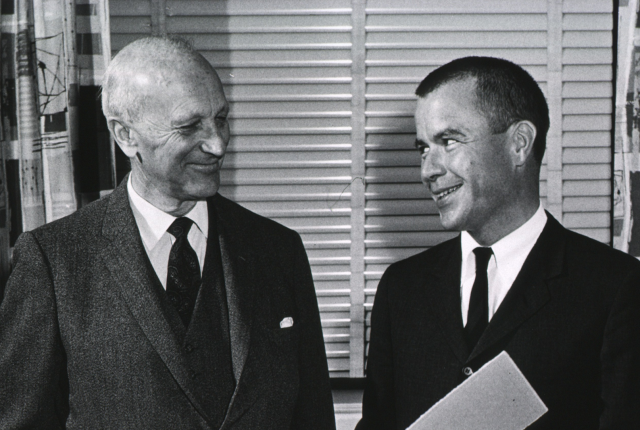
The critical period: It gets more difficult with age (1959)
Penfield and Roberts introduced the concept of critical period hypothesis (CPH) in 1959. The theory states that the first years of life constitute the time during which language develops readily…
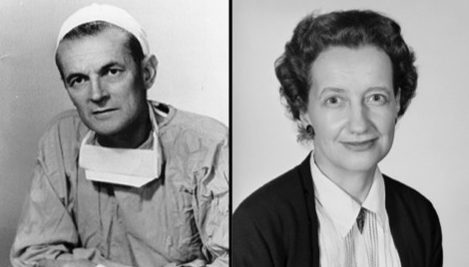
Declarative vs. procedural memory (1957)
Scoville and Milner in 1957 studied a patient named Henry Molaison. Henry suffered from severe epilepsy and underwent a surgical procedure in 1953 to alleviate his seizures. The surgical procedure…
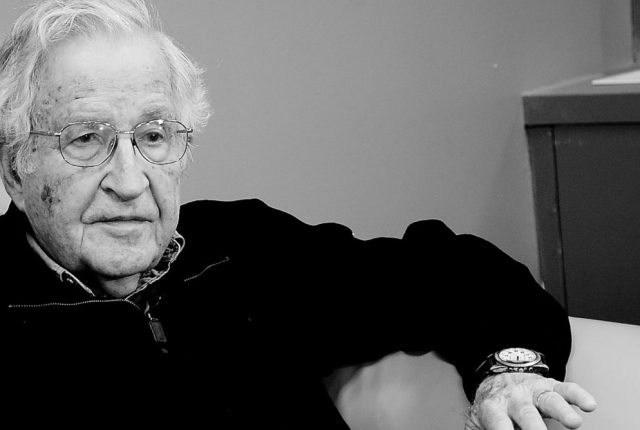
The Chomsky hierarchy and normative grammar (1956)
The Chomsky hierarchy was introduced by Noam Chomsky in his work on formal language theory, which he presented in 1956 as “On Certain Formal Properties of Grammars”. He proposed a…
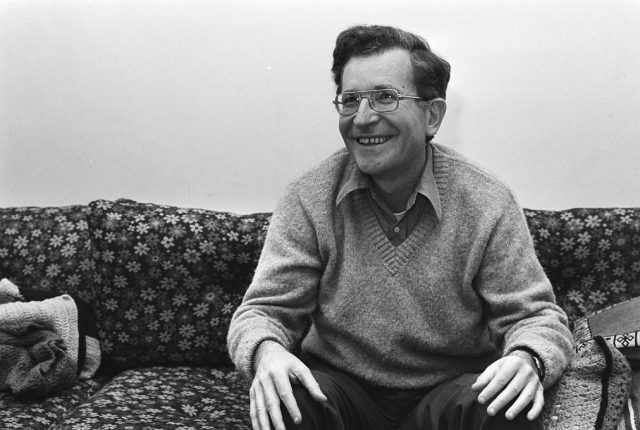
Language is innate: Nativism and Noam Chomsky (1950)
Chomsky not only defined the grammar types, but also made significant contributions to the understanding of language from a cognitive and theoretical perspective. In 1950 Chomsky proposed a new way…
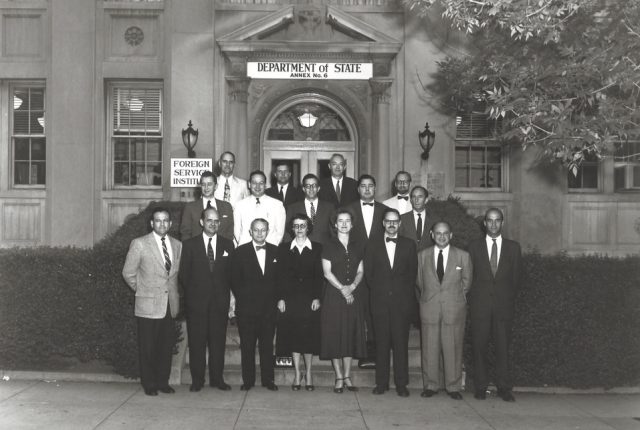
How long does it take to learn a language: Foreign Service Institute (1947)
The Foreign Service Institute (FSI) was established in 1947. It is the primary training institution for personnel of the United States Department of State and other foreign affairs agencies. The…

The audio-lingual method: Drilling structures (1946)
During World War 2 there was an obvious need for the military to speed up the language learning process, so that the personnel could acquire language skills quickly. The audio-lingual…
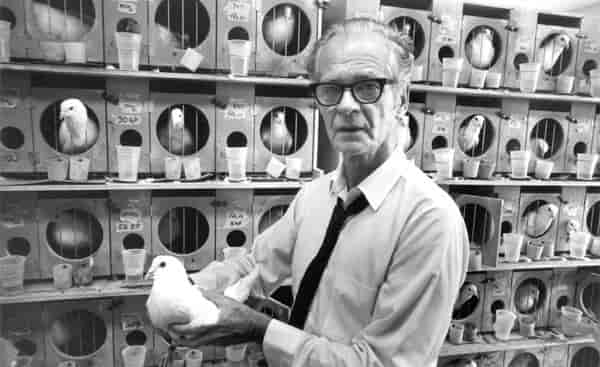
Behaviorism: Language is a behaviour (1938)
With the successes of the new language learning methods based on Berlitz’s ”direct method” (also called “natural method”), researchers started thinking about how people actually acquire languages. The first language…
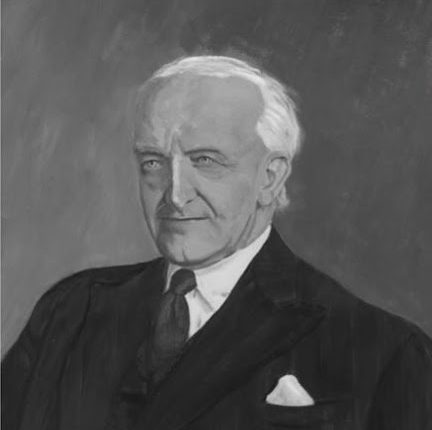
Spaced repetition: The power of repetition (1932)
Cecil Alec Mace is a British philosopher and industrial psychologist, best known for his work on monetary incentives and goal-setting theory. In 1932 he published his book The Psychology of…
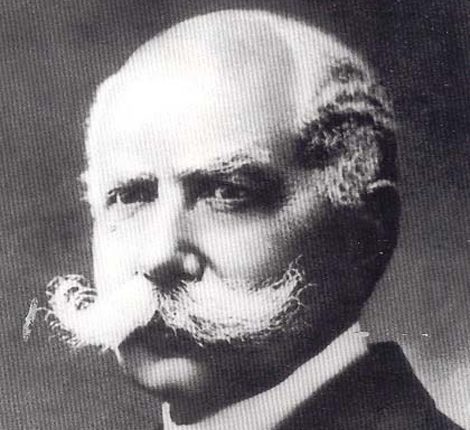
The direct method: Maximilian Berlitz (1900)
At the beginning of the 20th century, teachers and scholars started searching for ways to improve language learning. They were inspired by looking at how children learn languages. They understood…

International Phonetic Alphabet (1888)
The developments in the area of phonetics in the 19th century, like the work of the brothers Grimm, led in 1886 to the creation of the International Phonetic Association in…


